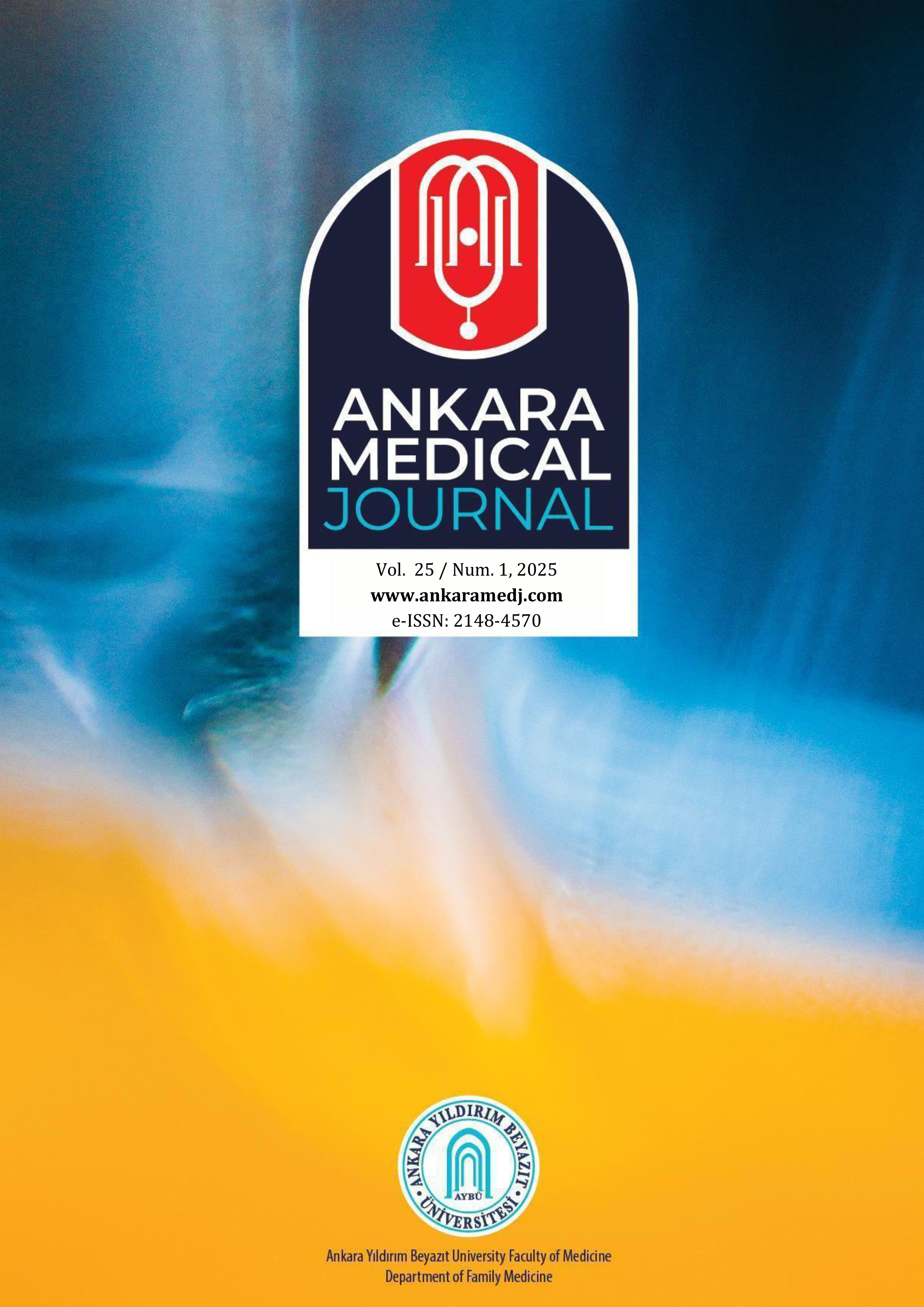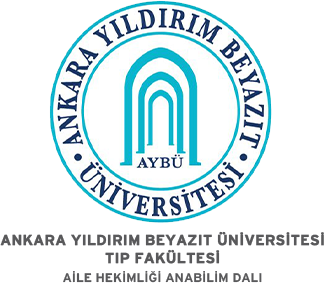Development Of Problematic Smartphone Usage Scale (PSUS)
Sevil Akbulut Zencirci, saniye göktaş, Hatice Aygar, Muhammed Fatih Önsüz, Melike Alaiye, Selma MetintaşDepartment of Public Health, Eskisehir Osmangazi University, Eskisehir, TurkeyINTRODUCTION: The aim of the study was to develop a scale that, by taking intensity of use into account, can be used to identify problematic smartphone usage. The reliability and validity of the proposed scale were also evaluated and it may be used in further epidemiological studies.
METHODS: Participants of the study consisted of 1492 students studying at Eskisehir Osmangazi University, Turkey in 2016. The questionnaire included questions about the sociodemographic characteristics of the participants, the self-evaluation of smartphone addiction, and smartphone usage intensities and Smartphone Addiction Scale-Short Version.
RESULTS: Participants of the study consisted of 1492 students aged 18-24, 48.26 % (n = 720) female, 51.74 % (n = 772) male. In order to develop the scale, all questions that are present in the current scale, named Smartphone Addiction Scale-Short Version, and questions about the intensity of smartphone usage were taken into exploratory factor analysis. As a result, the 10-item Problematic Smartphone Usage Scale was developed. The result of the exploratory factor analysis revealed that the scale had a three-factor structure consisting of usage intensity, daily life disturbance and withdrawal. The three factors explained 63.36 % of the total variance. As a result of the reliability analysis, Cronbachs alpha coefficient of the scale was 0.81. Confirmatory factor analysis also confirmed the three-factor structure of the scale.
DISCUSSION AND CONCLUSION: As a result, the Problematic Smartphone Usage Scale is seen as a valid, reliable and effective scale for assessing problematic smartphone usage.
Problemli Akıllı Telefon Kullanım Ölçeğinin Geliştirilmesi
Sevil Akbulut Zencirci, saniye göktaş, Hatice Aygar, Muhammed Fatih Önsüz, Melike Alaiye, Selma MetintaşEskişehir Osmangazi Üniversitesi Tıp Fakültesi, Halk Sağlığı Anabilim Dalı, EskişehirGİRİŞ ve AMAÇ: Çalışmanın amacı, kullanım yoğunluğunu dikkate alarak, problemli akıllı telefon kullanımını belirlemek için kullanılabilecek bir ölçek geliştirmekti. Önerilen ölçeğin güvenilirliği ve geçerliliği de değerlendirilerek, ileri epidemiyolojik çalışmalarda kullanılabilmesi amaçlandı.
YÖNTEM ve GEREÇLER: Çalışmaya katılanlar 2016 yılında Eskişehir Osmangazi Üniversitesi'nde öğrenim gören 1492 öğrenciden oluşmuştur. Anket formu katılımcıların sosyodemografik özellikleri, akıllı telefon bağımlılığının öznel değerlendirmesi, akıllı telefon kullanım yoğunluğu ile ilgili sorular ve Akıllı Telefon Bağımlılığı Ölçeği Kısa Formunu içermektedir.
BULGULAR: Araştırmaya katılanlar 18-24 yaş grubunda % 48,26'sı (n = 720) kadın, % 51,74'ü (n = 772) erkek olmak üzere 1492 öğrenciden, oluşmaktadır. Ölçeğin geliştirilmesi için Akıllı Telefon Bağımlılığı Ölçeği - Kısa Formu adlı ölçekte bulunan tüm sorular ve akıllı telefon kullanım yoğunluğu ile ilgili sorular açımlayıcı faktör analizine alınmıştır. Sonuç olarak, 10 maddelik Problemli Akıllı Telefon Kullanım Ölçeği geliştirilmiştir. Açımlayıcı faktör analizi sonucunda ölçeğin kullanım yoğunluğu, günlük yaşamda bozulma ve çekilme olmak üzere üç faktörlü bir yapıda olduğu ortaya çıkmıştır. Üç faktör toplam varyansın % 63.36 'sını açıkladı. Güvenirlik analizi sonucunda, ölçeğin Cronbach alfa katsayısı 0.81'dir. Ayrıca doğrulayıcı faktör analizi ölçeğin üç faktörlü yapısını doğrulamıştır.
TARTIŞMA ve SONUÇ: Sonuç olarak Problemli Akıllı Telefon Kullanım Ölçeğinin, problemli akıllı telefon kullanımını değerlendirmek için geçerli, güvenilir ve etkili bir ölçek olduğu bulundu.
Manuscript Language: English
(1060 downloaded)





